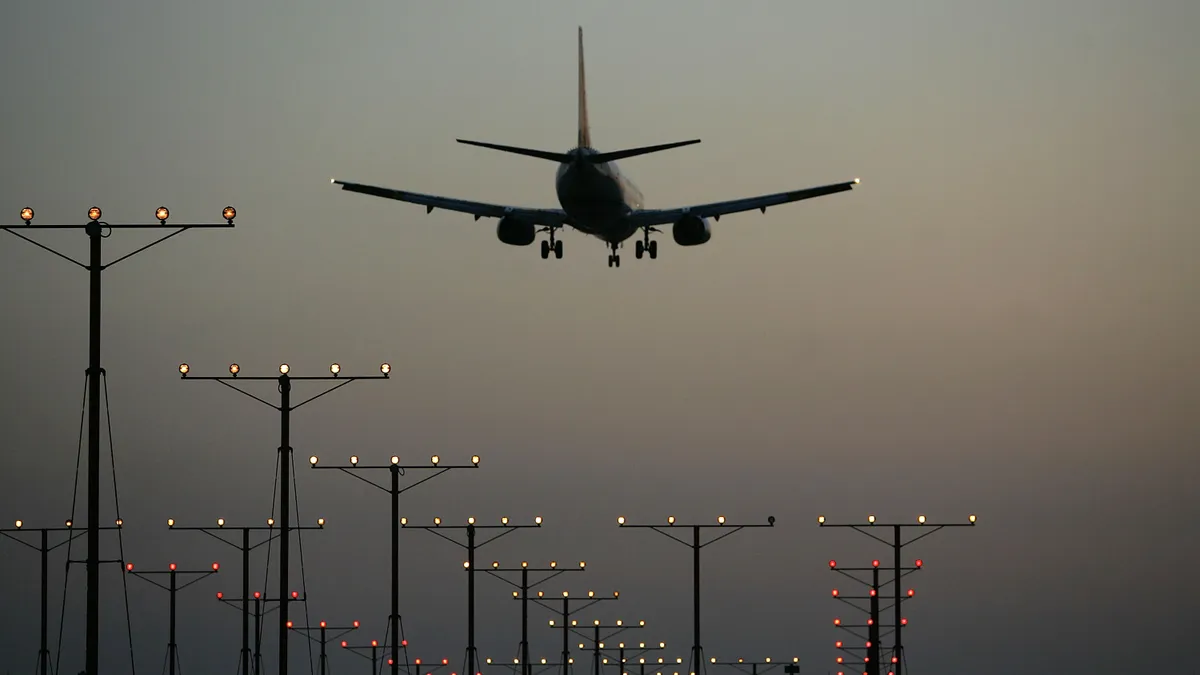It's been a tough few weeks for frequent fliers.
The holiday break left thousands of Southwest Airlines passengers stranded or facing lengthy delays, as the combination of extreme weather and outdated technology significantly disrupted its operations. Now, the Federal Aviation Agency's notice to air missions outage left thousands more passengers facing delays and flight cancellations.
The two events show the split in the sector's technology woes: some driven by technology at the federal level and others by delayed modernization at major airlines.
The FAA said a damaged database file was the culprit of the systems outage that disrupted thousands of travelers in the U.S. Wednesday. Despite concerns, the federal agency said it found no evidence of a cyberattack as the cause of the outage.
The NOTAM system crashed early Wednesday, leading the agency to halt all domestic flights for several hours as technicians worked on recovery. By 9 a.m. ET, flights resumed with lingering delays.
Nearly 11,000 U.S. flights were delayed Wednesday, more twice the amount of delayed flights tracked the previous day by aviation tracking site FlightAware. Another 1,300 flights were canceled.
Industry watchers say the disruption experienced by travelers Wednesday is a sign of further need for infrastructure investment.
“[Wednesday's] FAA catastrophic system failure is a clear sign that America’s transportation network desperately needs significant upgrades," said Geoff Freeman, president and CEO of U.S. Travel Association, a nonprofit trade group. "Americans deserve an end-to-end travel experience that is seamless and secure. And our nation’s economy depends on a best-in-class air travel system."
The group called on federal policymakers to modernize air travel infrastructure in order to meet demand safely and efficiently, in a statement Wednesday.
"The FAA is working diligently to further pinpoint the causes of this issue and take all needed steps to prevent this kind of disruption from happening again," the agency said in a statement posted Wednesday afternoon.
The FAA did not provide additional context following an email request, but instead referenced its previous statements. The systems crash showed the importance of software systems for the global economy, said Marc Giombetti, chief product architect at software firm Two Impulse, in a LinkedIn post.
"Transportation, in particular, is heavily reliant on technology and when a system such as the FAA's goes down, it can have a ripple effect on the entire industry," Giombetti wrote.
While most organizations have robust systems in place to prevent and mitigate outages, leaders should "be aware that extremes can always occur," he said.












